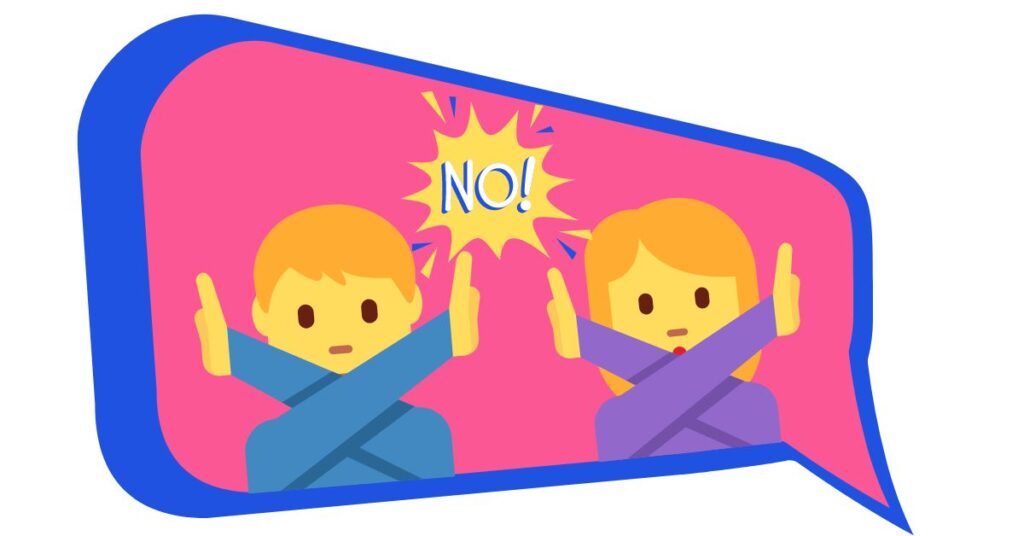Oct 25, 2023
Are Your People Failing To Perform Great Diligence – Why?
Culture & People

Why aren’t people performing great diligence? Identify the reason(s) to begin the process of improvement. Here are some common reasons people have trouble performing great diligence.
Improve Diligence By Identifying The Issue
If your people are not performing diligence or having trouble performing effective diligence, there is a reason. You need to identify the reason or reasons so that you can begin the process of improvement.
During my time as a practicing lawyer and as a consultant involved with compliance related work I saw that diligence issues were usually related to one or more common reasons that I list below. Take a look and see of any of them apply to your situation.
They Just Don’t Know

That Diligence is Necessary or Useful.
They may have heard of the term “diligence” but think that diligence only means “due diligence” and that diligence is performed in certain narrow circumstances. People may be looking for typical due diligence prompts such as a transaction, new product development or a compliance requirement and missing the fact that diligence is an every day activity.
There may also be a belief that the results of diligence are either neutral or negative. That is not true. Diligence does produce results that catches “bad things” but it also provides insight, clarity and guidance for positive action. Diligence fuels growth, strategic thinking, creativity and progress.
That Diligence is Part of The Job
While there are people whose jobs are tied to daily diligence work, lawyers, compliance people, auditors, cybersecurity professionals and investigative journalists are a few examples, most jobs are not identified as diligence work. But practically, everyone’s job requires a level of diligence and diligent behavior.
For example, an administrative assistant may review the online reputation of individuals that meet with company leaders, salespeople constantly review competitors offerings, and human resource departments are the center of employee related. But do they know that they are doing is diligence? Has the organization defined diligence as part of the job responsibilities? And if they are not doing expected diligence is there a process to provide feedback and training? People can’t be expected to meet standards that are secret.
Don’t take for granted that people know that the job entails an expected level of diligence. Instead make it part of the organization’s principles and state it clearly and often – diligence is part of everyone’s job!
How to Properly Perform Diligence
Even if people are familiar with the idea of diligence as an everyday, every job, concept they may not know how to perform diligence. Diligence training isn’t part of the general school curriculum.
Also, while many people are used to using the web for research they may actually have had no formal research training an no training or little experience in evaluating, analyzing and applying critical thought processes to diligence issues.
The organization needs to recognize that diligence training is vital for great diligence.
Fear Of …

Results
What if you perform diligence and you find something important. What if someone lied, numbers are exaggerated or a reputation is unwarranted? What if you think that a company product or service is a success and you find out that consumers/clients are dissatisfied or that a competitor has a similar product that is doing much better? What happens? What is the impact of the diligence on the organization and even the employee.
Diligence results cannot guide the decision to perform diligence. While it is true that diligence may uncover negative information and produce short term unwanted consequences – choosing to remain ignorant is worse. Ignorance is not bliss it is denial. Denial will not prevent bad outcomes.
Think about some recent examples, does your organization want to invest in a Ponzi scheme or a fake medical device? Does the organization want to be put under a consent order or a deferred prosecution agreement because of unchecked corruption in a foreign subsidiary? Do you want to lose your reputation after being accused of using child labor to produce products?
The last decade of spectacular diligence failures led to spectacular financial, reputational and compliance failures. These are cautionary tales – fear not knowing important information; don’t fear diligence.
Blame
It’s probably happened to all of us at some point in our work experience. I know it has to me. You walk into a superior’s office, deliver bad news and even if you aren’t directly blamed, you feel the heat, the anger, the defensive posture of the person receiving the unwelcome news.
It is human nature not to want to feel that heat and some people may believe that avoiding diligence is a way to avoid that circumstance. Especially, if they know that the news that they deliver will “tank” a business transaction with financial repercussions for the organization and for the individuals involved. People see when an organization is quick to assign blame and slow to reward diligence and diligent behavior. If that is the culture of the organization, they will either adapt their behavior to avoid taking the heat or they will leave.
If you want great diligence the organization needs to eliminate the “blame game”. There should be no formal or informal consequences for coming forward with honest diligence information in fact, it should be rewarded.
Lack of …

Resources
People need resources to perform diligence. Generally, the more regulated, complex or global the industry, the organization or the business, the more resources will be needed.
Resources may include:
- People to perform diligence work
- Technology that meets regulatory and industry standards
- Budgets to employ experts, purchase equipment, and pay for access to specialized information sources
- Education/training to teach diligence related topics and to keep people current on changes
- An infrastructure including, strategies, processes and procedures to plan, implement, monitor, maintain and update diligence work.
If people are being asked to perform diligence but are not provided with the proper resources, they are being set up to produce less than great diligence or worse, to fail completely.
Respect & Reward
If you want great diligence, the organization needs to respect diligence. Respect in an organization translates to reward. No organization can attract the most qualified, effective leaders or revenue generators without paying for those skills. Salaries, bonuses, perks and recognition are expected and bestowed. The same should apply to diligence skills.
To attract diligent people who conduct great diligence, organizations need to elevate diligence to a place of respect. That respect has to be reflected in compensation and other rewards as well as organizational recognition.
It’s a Start
Identifying the reasons that people are not performing great diligence is the start. This list is basic, you may come across additional issues. Once you have inventoried the issues, look at the organization using the Diligence File Framework:
Each of these elements addresses issues that may be interfering with the performance of great diligence. Diligence issues are fixable if the organization is committed to becoming a diligent organization.


Subscribe for Diligence Updates
Get the latest updates, resources, offers, and more.
"*" indicates required fields
The Diligence File respects your privacy. Privacy Policy